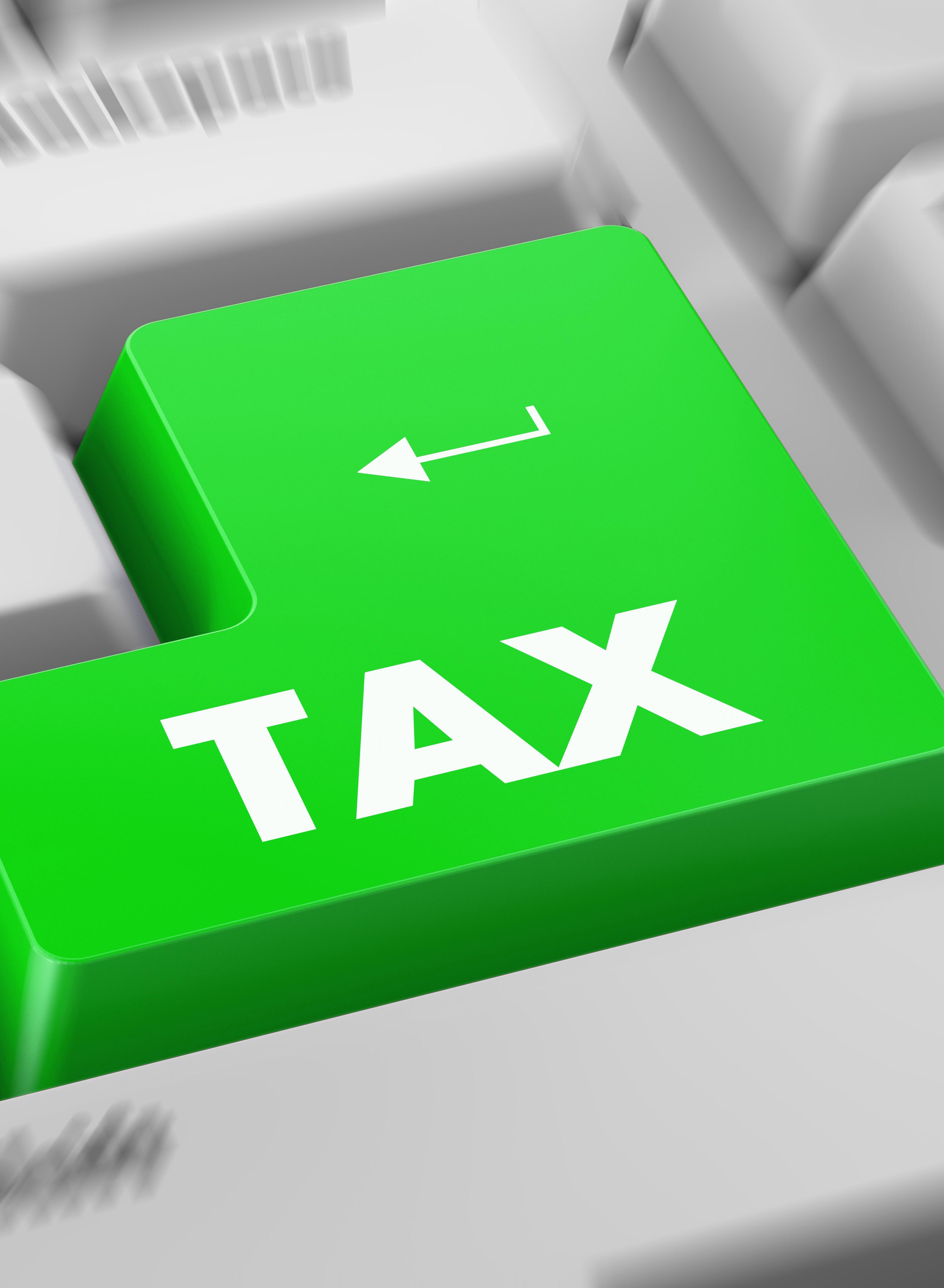
2 minute read
FINANCIAL ADVICE
TAX & ACCOUNTANCY TIPS
Phillip Hammond’s Spring Budget on the 8th March introduced a number of changes. Amongst those were increases to the Class 4 National insurance contributions rates which would affect most self-employed persons earning over the lower earnings limit.
Advertisement
That proposal met with some broad public resistance which culminated with those proposals being withdrawn. Due to the distraction of this particular issue, a number of other changes may not have had a fair airing so the paragraphs below focus on some of those changes and other recent developments.
Class 2 NI Contributions
It wasn’t all bad news for the self-employed. Despite Mr Hammond’s ‘U turn’ on Class 4 NIC’s the Chancellor remained committed to the abolition of Class 2 NIC from April 2018, which will save many self-employed persons approximately £148 per year.
Reduction in Dividend Allowance
The Chancellor had not long ago introduced a 7.5% rate of income tax on dividends within the basic rate tax threshold. Higher rates apply for higher levels of income. The first £5,000 of dividends would however be taxed at NIL %. The budget announced reductions to that NIL rate band to £2,000 from April 2018. The effect of this on basic rate taxpayers is an increase in tax of £225. The tax increase for higher and additional rate taxpayers is £975 and £1,143 respectively.
Family owned companies will need to look at this position carefully as the previous and recent changes may have brought a number of smaller shareholders into a taxable position and therefore into the system for selfassessment. Remember, it is the individual’s responsibility to declare untaxed taxable income as HMR&C are not responsible for pointing this out. Delayed declarations and payments can result in penalties and interest charges.

Dean Flood Chartered Certified Accountant and Partner at Rowland Hall
www.rowlandhall.co.uk Tel: 01375 373 828 / 01268 696 878
Making Tax Digital for Business (MTDfB)
Online processing of tax returns and payments has been constantly advanced by HMR&C over recent years, affecting all platforms of tax including PAYE, VAT, Corporation Tax and Income Tax. We are now reaching a critical point where nearly all businesses (including self-employed individuals) are to be expected to have a Digital Tax Account and to utilise this account to report their activity and taxable profits to HMR&C on a regular basis. Records will be expected to be held digitally in order to align with these proposals.
At the moment the plan is for this to affect all businesses with turnover exceeding the VAT threshold from accounting periods commencing after 5th April 2018. There is a one year deferral for businesses below the VAT threshold although businesses with turnover under £10,000 are not currently expected to be included.
For some businesses this may simply be an extension to their quarterly reporting under VAT regulations but for others the change may be quite dramatic. For some time, there has been a perception that this process would be deferred further due to the complexities and scale of this project. It is however becoming more widely accepted that HMR&C are determined to push ahead with these changes within the above time frames in order to make the UK tax system the most advanced and efficient in the world.










